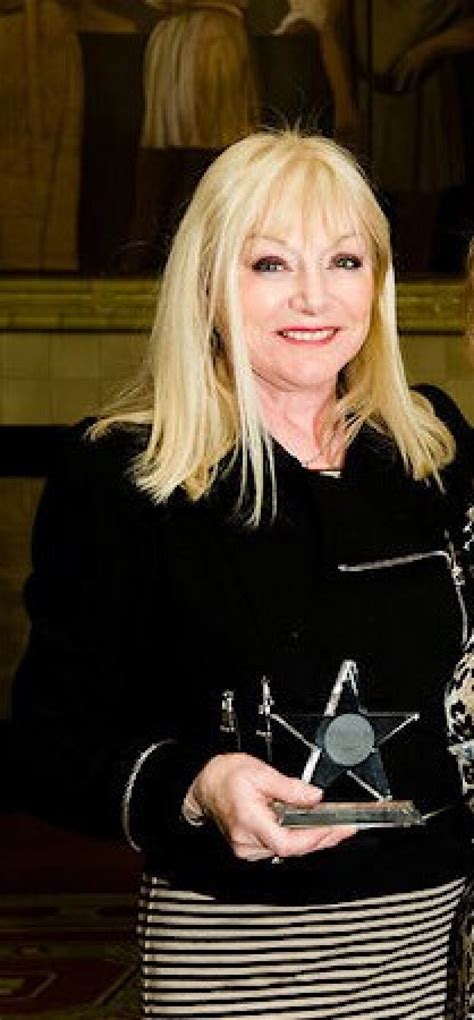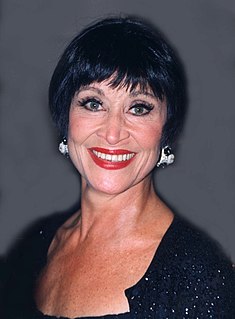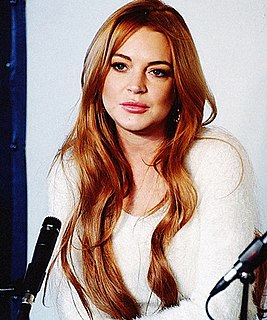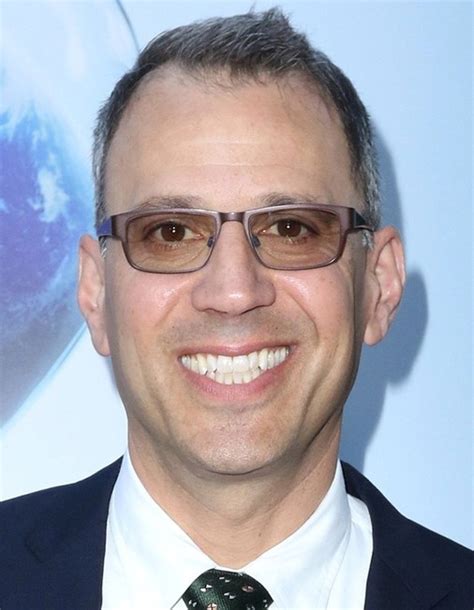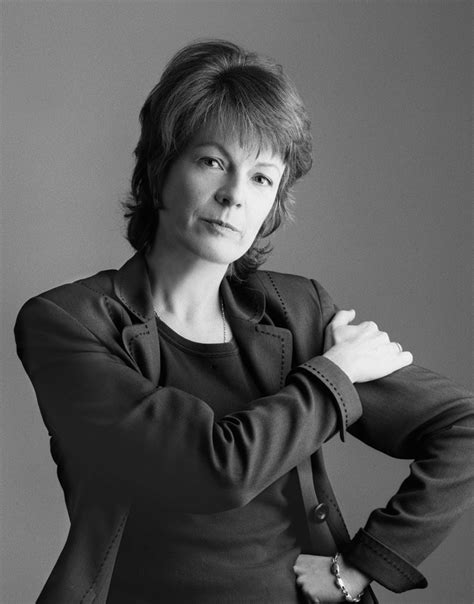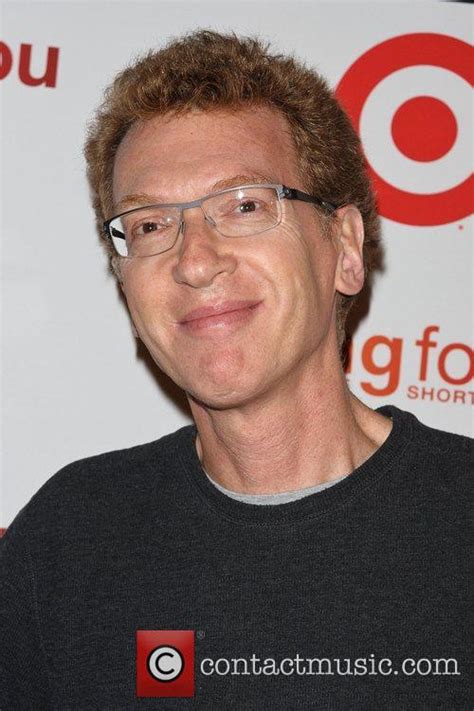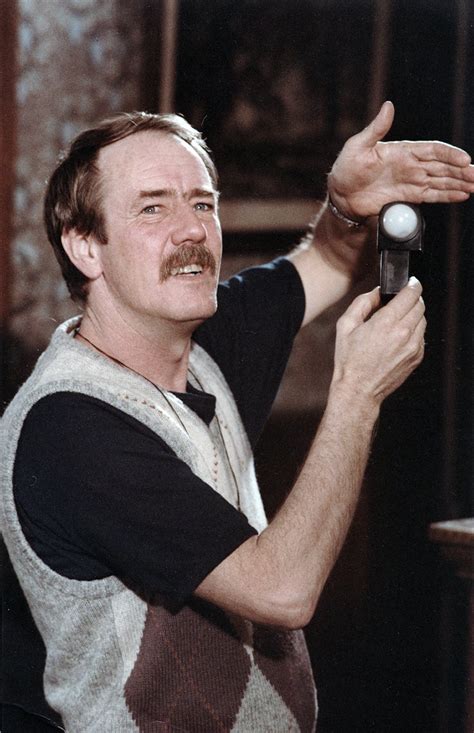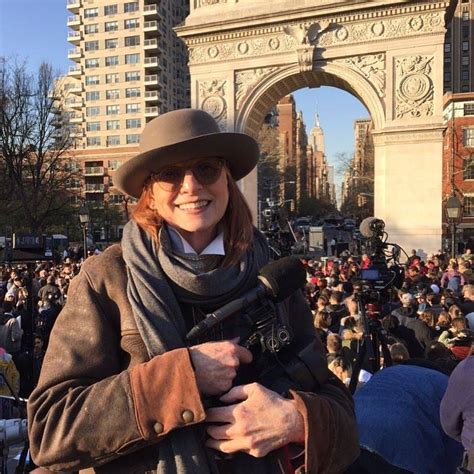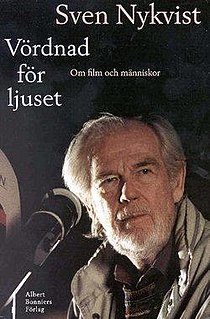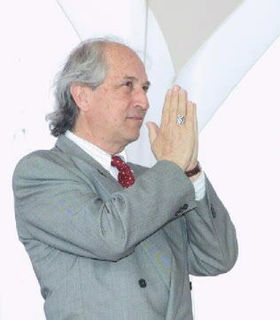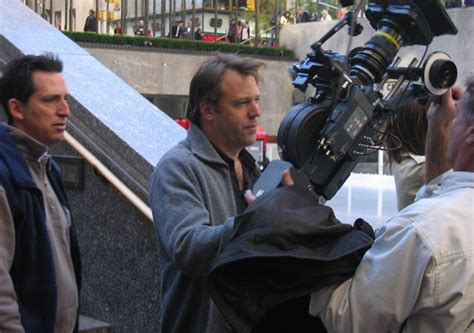A Quote by Janusz Kaminski
[Steven Spielberg makes] human movies. Movies [...] that reflect the life we wish it would be, not necessarily as it is. And the happy ending, you know. Life is a tough thing to begin with, and I like the happy ending.
Related Quotes
Modern romance, like Greek tragedy, celebrates the mystery of dismemberment, which is life in time. The happy ending is justly scorned as a misrepresentation; for the world, as we know it, as we have seen it, yields but one ending: death, disintegration, dismemberment, and the crucifixion of our heart with the passing of the forms that we have loved.


